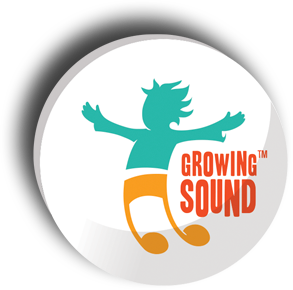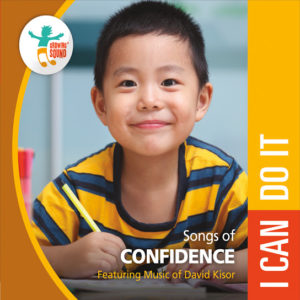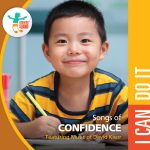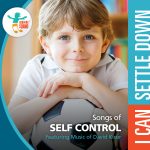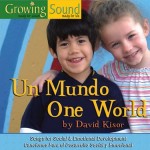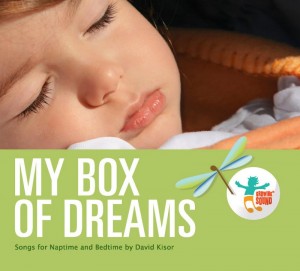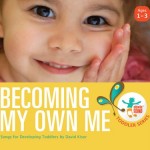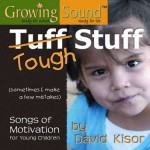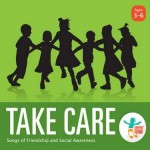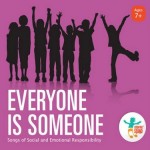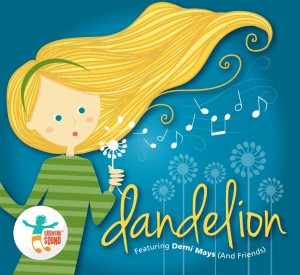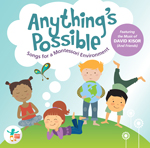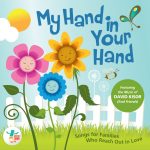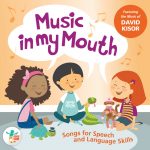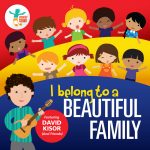
Music Enhances Self-Expression and Creativity
One of the primary ways that music builds confidence in children is by encouraging self-expression and nurturing their creativity. Music provides a safe space for children to express their emotions, thoughts, and ideas without fear of judgment. Whether through singing, playing an instrument, or composing their own music, children can develop a sense of identity and find their unique voice.
Encourage your child to explore different genres of music and experiment with various instruments. Let them choose the songs they want to sing or play, allowing them to express their individuality. By embracing their creativity, children gain confidence in their abilities and learn to trust their instincts.
Music Fosters Skill Development and Mastery
Learning to play a musical instrument requires dedication, practice, and perseverance. As children progress in their musical journey, they experience a sense of achievement and mastery. The process of acquiring new skills and overcoming challenges in music builds resilience and self-assurance.
Encourage your child to set goals and celebrate their milestones along the way. Whether it’s mastering a difficult piece, performing in front of others, or receiving positive feedback from their music teacher, these accomplishments contribute to their growing confidence. Remind them that progress takes time and effort, and that each step forward is worth celebrating.
Music Provides Opportunities for Collaboration and Connection
Music is often a collaborative endeavor, offering children the chance to connect with others who share their passion. Whether through joining a choir, band, or orchestra, children learn the value of teamwork, cooperation, and communication. Working together towards a common goal fosters a sense of belonging and builds confidence in their ability to contribute to a group.
Encourage your child to participate in group musical activities, such as ensemble performances or jam sessions. These experiences not only enhance their musical skills but also promote social interaction and help them develop meaningful relationships with their peers. The support and encouragement they receive from their musical community further boost their confidence.
Music Boosts Academic Performance and Cognitive Skills
Research has shown a strong correlation between music education and academic achievement. Learning to read sheet music, understanding rhythm and timing, and analyzing musical structures all require cognitive skills that transfer to other areas of learning. As children develop their musical abilities, they also enhance their problem-solving skills, memory, and concentration.
Support your child’s academic endeavors by incorporating music into their study routine. Playing soft background music during homework sessions or listening to classical music while reading can help improve focus and retention. By experiencing the positive impact of music on their cognitive abilities, children gain confidence in their academic capabilities.
Music Encourages Performance and Overcoming Stage Fright
Performing in front of an audience can be a nerve-wracking experience for anyone, especially children. However, music provides a platform for children to face their fears and develop resilience in the face of performance anxiety. By regularly performing in recitals, concerts, or even informal settings like family gatherings, children gradually build their confidence on stage.
Encourage your child to participate in performance opportunities and provide a supportive environment for them to practice and prepare. Applaud their efforts and focus on their growth rather than perfection. By acknowledging their progress and celebrating their bravery, you instill confidence in their ability to overcome challenges and shine on stage.
Music Cultivates Emotional Intelligence and Empathy
Music has the power to evoke emotions and cultivate emotional intelligence in children. Through listening to and creating music, children learn to identify and express their own emotions, as well as empathize with the emotions of others. This emotional awareness and empathy contribute to their overall confidence and interpersonal skills.
Create opportunities for your child to explore the emotional aspects of music by discussing lyrics, melodies, and the stories behind songs. Encourage them to reflect on how music makes them feel and how it can be used to communicate different emotions. By nurturing their emotional intelligence, you empower them to navigate social interactions with confidence and empathy.
Music Builds Resilience and Positive Mindset
Learning music requires perseverance and resilience. Children encounter challenges, such as difficult passages, mistakes, or setbacks, which they must overcome to progress. By facing and overcoming these challenges, children develop a growth mindset, understanding that effort and practice lead to improvement.
Teach your child the value of resilience by emphasizing the importance of practice and persistence. Encourage them to embrace mistakes as learning opportunities and celebrate their efforts rather than focusing solely on outcomes. By fostering a positive mindset, you instill confidence in their ability to overcome obstacles and embrace continuous growth.
Music Boosts Self-Esteem and Self-Worth
Music has a profound impact on self-esteem and self-worth. As children develop their musical skills and receive positive feedback, they begin to internalize a sense of pride and accomplishment. This sense of achievement extends beyond music and positively influences their overall self-esteem.
Celebrate your child’s musical achievements and highlight their progress. Display their musical creations or recordings, attend their performances, and acknowledge their dedication and hard work. By reinforcing their sense of self-worth through music, you nurture their confidence in all areas of their lives.
Music Provides a Outlet for Emotional Expression
Children face a wide range of emotions, and music can serve as a powerful outlet for emotional expression. Whether they are feeling joy, sadness, anger, or excitement, music offers a safe and healthy way for children to channel and process their emotions.
Encourage your child to create their own music or find songs that resonate with their emotions. Provide opportunities for them to share their musical expressions with you or others who can appreciate and support their emotional journey. By embracing their emotions through music, children develop a sense of inner strength and confidence in their ability to navigate their feelings.
Music Inspires Creativity and Critical Thinking
Music stimulates creativity and critical thinking in children. Learning to play an instrument involves interpreting musical symbols, understanding harmonies, and making creative choices in interpretation. These skills translate to other areas of life, fostering problem-solving abilities and innovative thinking.
Encourage your child to explore different musical genres, experiment with improvisation, or compose their own music. Provide them with opportunities to express their creativity and make independent decisions in their musical pursuits. By fostering their creative and critical thinking skills through music, you empower them to approach challenges with confidence and ingenuity.
Music Promotes Mindfulness and Well-Being
Engaging with music promotes mindfulness and well-being in children. Listening to calming music or playing peaceful melodies can help children relax, reduce stress, and improve their overall mental and emotional well-being. Music provides a refuge from the demands of daily life, allowing children to reconnect with themselves and find inner peace.
Encourage your child to create a playlist of soothing music they can turn to during stressful moments. Integrate music into relaxation routines, such as bedtime rituals or meditation practices. By incorporating music into their self-care routine, children develop a sense of self-awareness and prioritize their well-being, leading to increased confidence and resilience.
Music Fosters a Lifelong Love for Learning
Lastly, music fosters a lifelong love for learning. By immersing themselves in music, children develop a curiosity and thirst for knowledge that extends beyond the realm of music itself. This love for learning drives their intellectual growth, expands their horizons, and instills a sense of confidence in their ability to tackle new challenges.
Encourage your child to explore different musical styles, learn about the history of music, and discover the stories behind famous composers. Support their curiosity by providing access to resources, such as books, documentaries, or online platforms, that delve into the world of music. By nurturing their love for learning through music, you empower them with a lifelong tool for personal and intellectual growth.
Music has a transformative impact on children’s confidence and overall well-being. Through self-expression, skill development, collaboration, and emotional intelligence, music builds their self-esteem and empowers them to navigate life’s challenges with resilience and creativity. By incorporating music into their lives and providing a supportive environment, we can nurture confident and empowered individuals who are ready to embrace their full potential. So, let the power of music guide your child’s journey towards confidence and self-discovery.
—
Some Music To Build Confidence!
I Can Do It: Songs of Confidence
Ages 3+
Click on an Collection To Listen To the Music!
Who You’ll Be Someday:
Songs and Stories for
Naptime and Bedtime
Ages 0-4
Contact us for more information!
